
Industrial automation products, also named as CNC machine control unit, are essential tools in modern manufacturing and production processes. These include Driver, which controls the operation of machines; Motor, the powerhouse of the system; PLC Module, a programmable logic controller for automation of electromechanical processes; HMI touch screen, a user-friendly interface for operators; Inverter, which changes the frequency of the power supply; Control system, the brain of the operation; Circuit board, the backbone of the electronics; Encoder, which converts information from one format to another; and Teach Pendant, a device used to program robotic equipment. These products work together to increase efficiency, accuracy, and safety in industrial settings.
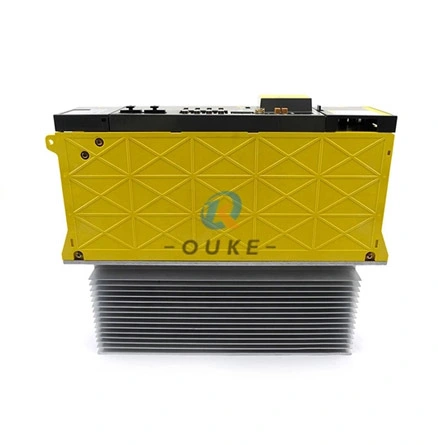
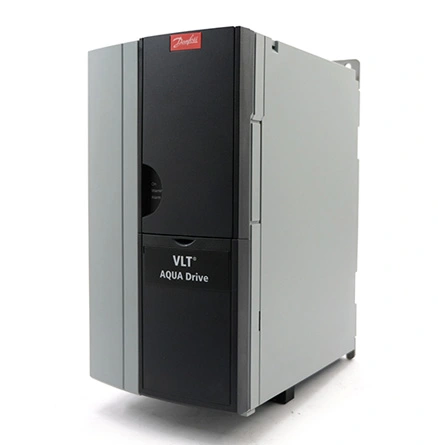
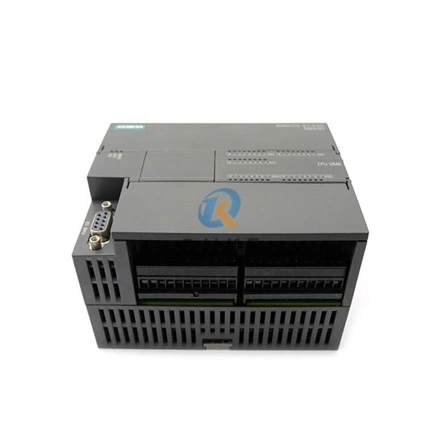
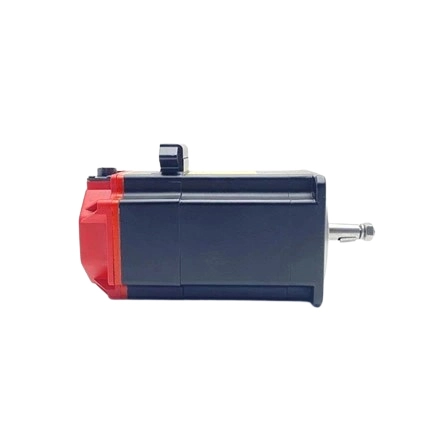


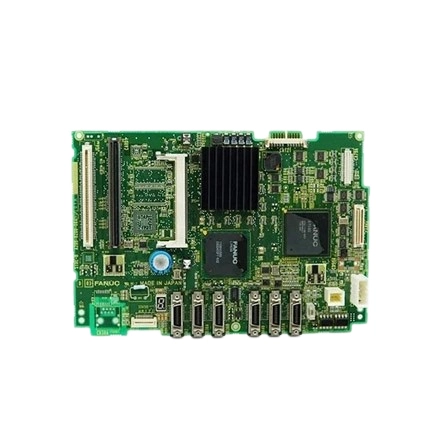
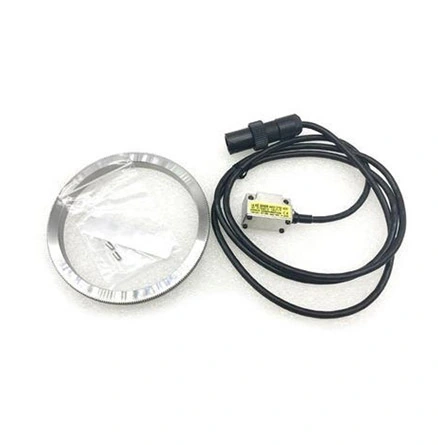

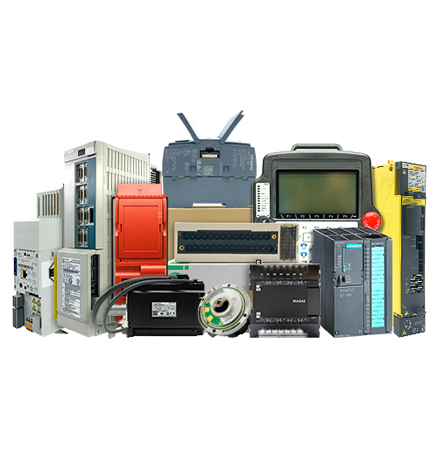
We are proud to have a professional maintenance team that has been with us for many years. This team is dedicated to constantly improving and updating their maintenance technology to ensure the highest quality of service. Their vast experience and commitment to excellence ensure that we are always at the forefront of our industry, providing top-notch services to our clients.
Strict requirements on products to achieve excellence, quality is checked at every level, and products without quality inspection methods are not allowed to be produced.
Our company boasts a professional technical service team that is dedicated to providing exceptional customer service. This team offers comprehensive tracking services, which include guidance during the sale process and consultation after the purchase. They are committed to ensuring customer satisfaction and are always ready to assist with any queries or issues.
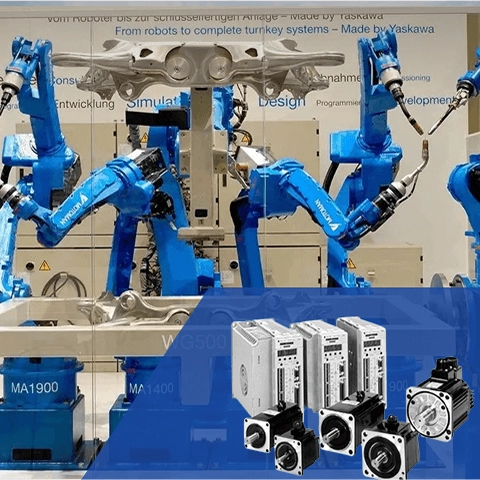
The evolution of industrial automation products has been marked by significant technological advancements. From the early days of simple mechanization to the current era of advanced robotics and AI, these CNC control units have revolutionized manufacturing processes, increasing efficiency and productivity.
The future of industrial automation is expected to be driven by further advancements in technology. Developments in areas such as machine learning, IoT, and big data are set to bring about even more sophisticated automation solutions, transforming industries in unprecedented ways.
Sustainability is also likely to play a key role in the future of industrial automation. As industries strive to reduce their environmental impact, automation products that enhance energy efficiency and minimize waste will become increasingly important.
Lastly, as automation becomes more prevalent, there will be a growing need for skilled workers who can manage and maintain these advanced systems. This will likely lead to a shift in the job market, with an increased demand for specialists in automation technology.
 English
English 日本語
日本語 한국어
한국어 français
français Deutsch
Deutsch Español
Español italiano
italiano русский
русский العربية
العربية Türkçe
Türkçe Jawa
Jawa
